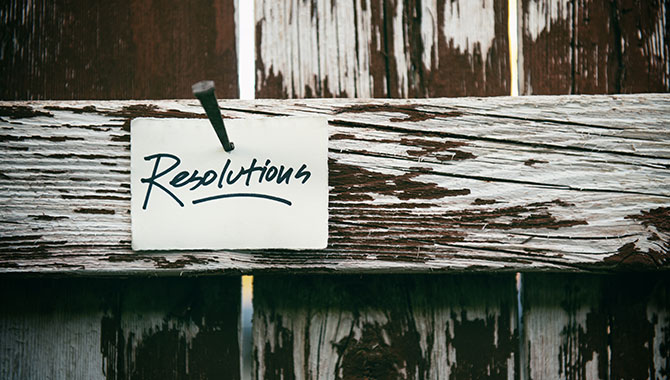Be kind to one another, tenderhearted, forgiving one another, as God in Christ has forgiven you. ~ Ephesians 4:32
There is no future without forgiveness. ~ Desmond Tutu
As we welcome the new year, we resolve to live better this year. I will work out at least three times a week at the rec center. I will lose ten pounds. I will spend twenty minutes a day, three or four times a week in contemplative prayer. I’ll volunteer at the soup kitchen two times a month. I won’t get angry with my kids or spouse anymore. I will breathe and count to ten before I say anything. I will listen more and speak less. I will drink more water and less soda pop. If I do not have something kind to say, I won’t say anything at all. I’ll sleep eight or more hours every night. I will read more spiritual literature and spend less time mindlessly surfing the net. All these resolutions are good and healthy.
The author of Ephesians has a few suggestions as well. “Put away from you all bitterness and wrath and anger and wrangling and slander, together with all malice, and be kind to one another, tenderhearted, forgiving one another, as God in Christ has forgiven you.” (Ephesians 4:31-32).
Every year it seems like we have good intentions to turn the page, begin anew, start a new chapter. But…after a few weeks I (maybe you) tend to fall back into old patterns. The new year starts looking eerily familiar to last year. Nothing changes. It is just the same old same old.
What discipline could we consciously practice to live into a new year? A new life?
“Forgive one another as Christ has forgiven you.” (Ephesians 4:32) Archbishop Demond Tutu says from deep experience growing up in apartheid South Africa, “There is no future without forgiveness.” We cannot experience a new year unless we let the old year go.
Philip Yancey writes when we feel wronged, we can contrive a hundred reasons against forgiveness. “He needs to learn a lesson. I don’t want to encourage irresponsible behavior. I’ll let her stew for a while; it will do her good. She needs to learn that actions have consequences. I was the wronged party; it’s not up to me to make the first move. How can I forgive if he’s not even sorry?”
Yet, when we hang onto resentment or anger, all we do is relive the pain over and over again. Resentment means literally “to feel again,” says Yancey. “Resentment clings to the past, relives it over and over, picks each fresh scab so that the wound never heals.” There is no such thing as a new year if we hang on to all wrongs (real or perceived) done to us. The person we hurt the most when we harbor unforgiveness is ourselves.
It is difficult to let go of a wrong; it can take years. But why would we want to hang on to a wrong and relive it repeatedly? Why would we want to give that wrong so much space in our lives and in our minds?
Why forgive?
As beloved children, Christ calls us to forgive as he has forgiven us (see Ephesians 4:32). “Forgiveness alone can halt the cycle of blame and pain, breaking the cycle of ungrace,” say Yancey. “Forgiveness offers us a way out. It does not settle all questions of blame and fairness, but it does allow a relationship to start over, to begin anew.”
Lewis Smedes wrote, “The first and often only person to be healed by forgiveness is the person who does the forgiveness.” Forgiveness is a process. Peter asks Jesus, “How many times should I forgive?” Jesus says, “Just keep on forgiving Peter. Never stop forgiving.” (Matthew 18:21-22)
Forgiveness is not a one-time proposition. We need to forgive ourselves, others, and reality every day.
As we welcome 2022 and our hopes for a New Year, let us make a commitment to practice forgiveness. Only by letting go of old hurts and wrongs can we enter a new life, a new year. It is not easy, but it can be done with Grace showing us the way.
Through forgiveness we embrace a new day, peace, and reconciliation. Through forgiveness, we sleep through the night in heavenly peace.
Blessings, peace, and forgiveness,
Craig

